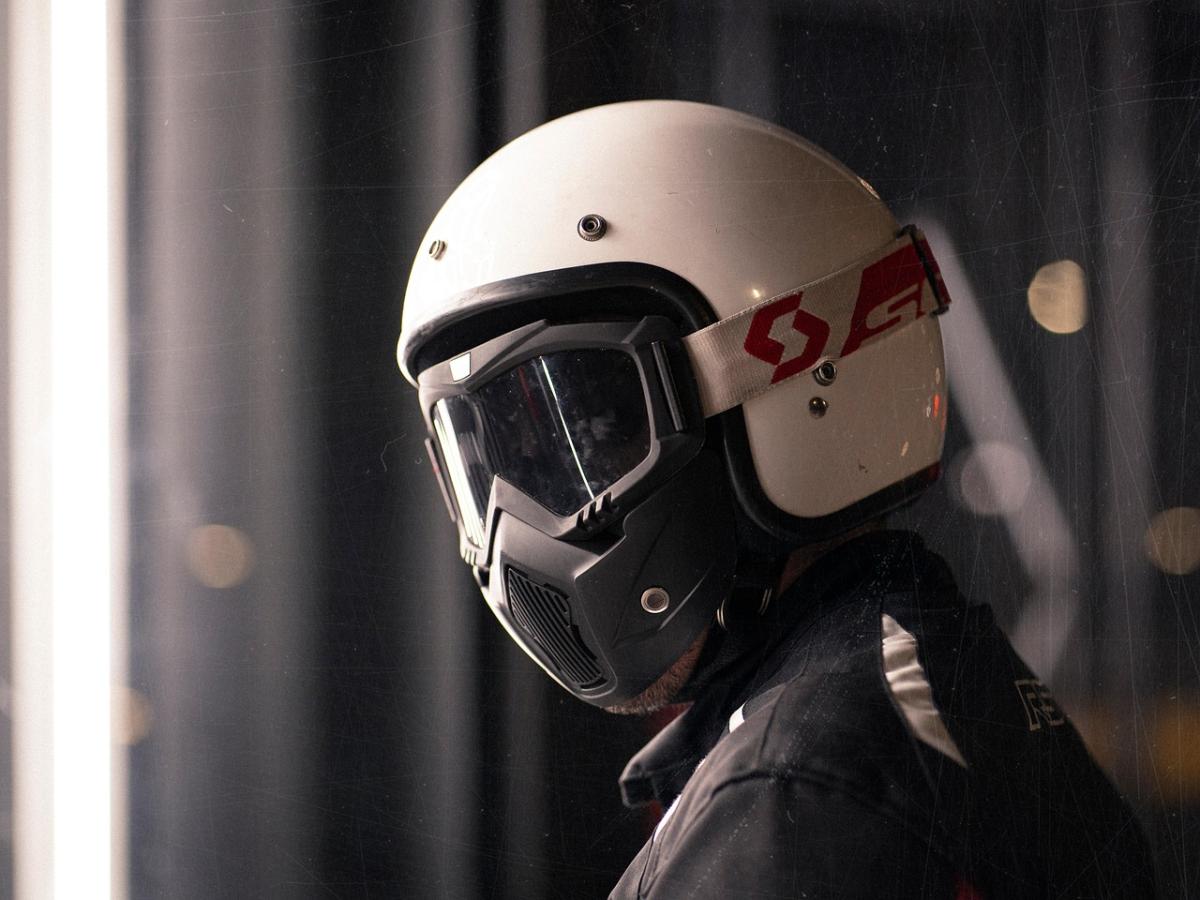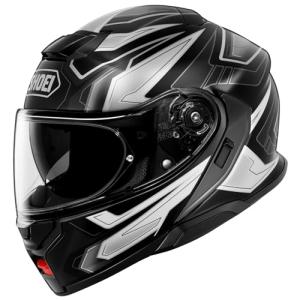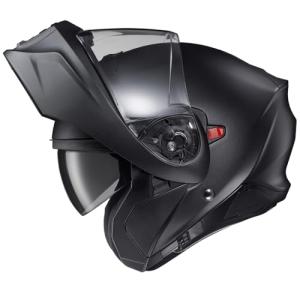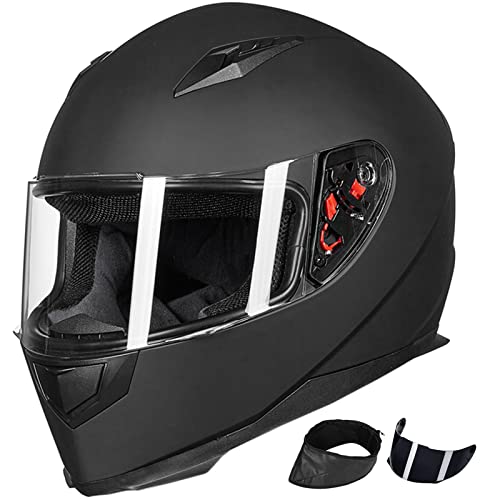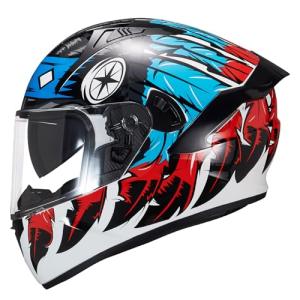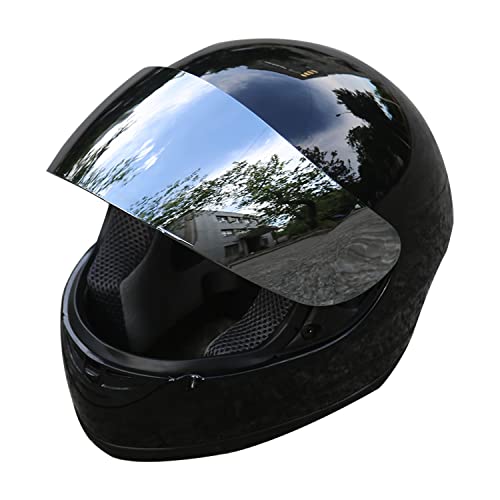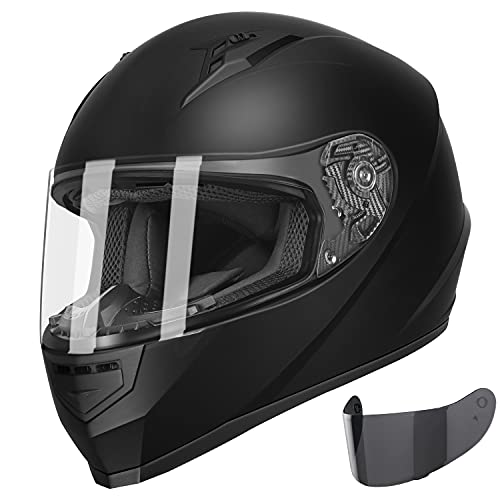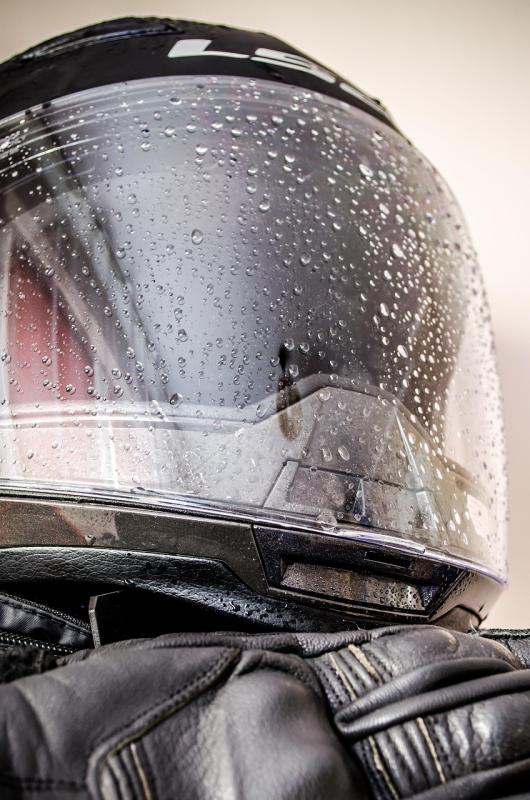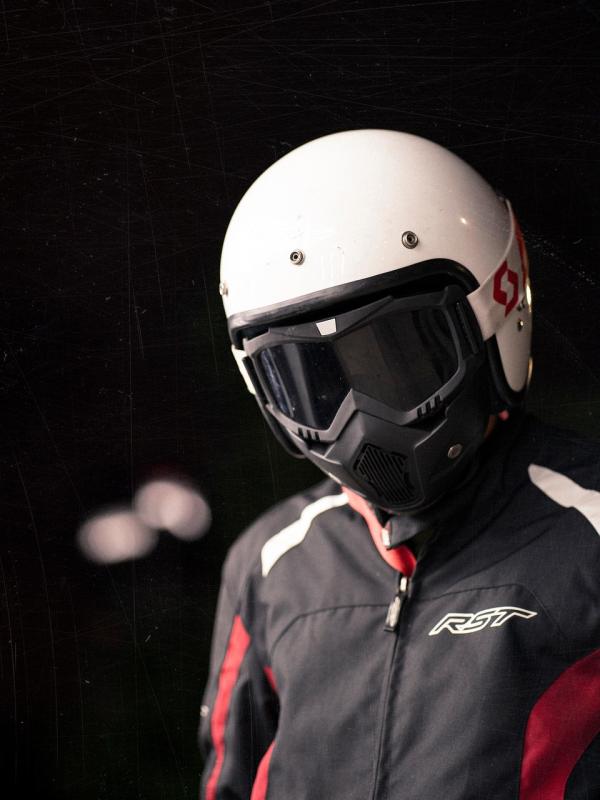When it comes to hitting the road on your motorcycle, understanding motorcycle helmet laws is one of the first things you should tackle. These laws vary from state to state, and they’re crucial for keeping you safe and avoiding hefty fines.
Some states require all riders to wear helmets, while others might only enforce the law for younger riders or those with less experience. For instance, states like California mandate helmets for everyone, while others, like Florida, allow experienced riders not to wear helmets under certain conditions. Check the specific regulations in your area to stay compliant and safe.
Wearing a helmet isn’t just about following the law; it’s a smart move for your safety. A good helmet can reduce the risk of serious injury in case of a fall or accident. There are plenty of options that offer comfort and protection, so you don’t have to sacrifice style for safety.
Always choose a helmet that meets safety standards, like DOT or Snell certifications. These labels mean the helmet has passed tough tests. Investing in a quality helmet can save you from a whole lot of pain and trouble down the line.
Keep in mind that some states have additional regulations about helmet features, like reflective materials or visor requirements. Staying informed about motorcycle helmet laws not only keeps you legal but also helps ensure every ride is a safe adventure!
State Specific Helmet Regulations
When it comes to motorcycle helmet laws, each state has its own rules. This means what’s legal in one state could get you in trouble in another. It's crucial to understand these regulations to keep yourself safe and avoid any unnecessary fines.
Some states require all riders to wear helmets, no exceptions. States like California and New York are all about safety first, so make sure you don’t hit the road without a helmet if you’re in those areas. On the flip side, there are states like Florida and Texas that only require helmets for younger riders. If you’re over a certain age, you’re free to ride without one—just be aware of the risks!
It’s not just about whether you have to wear a helmet or not. Some states have specific laws about the type of helmets allowed. For example, you might find that certain states require helmets to have certain safety ratings. This means not just any helmet will cut it; it needs to meet specific guidelines to keep you protected.
Always check your state’s motorcycle helmet laws before you ride. If you're traveling, that means looking ahead at the laws in places you plan to visit. Stay informed, stay safe, and remember: your safety gear can make all the difference! Riding with the right helmet isn’t just smart—it's necessary for your well-being on the road.
Shoei Neotec 3 Anthem Modular Helmet
Experience the perfect blend of comfort, style, and safety on every ride
Product information
€875.54
Product Review Score
4.13 out of 5 stars
223 reviewsProduct links
Exemptions and Exceptions Explained
When it comes to motorcycle helmet laws, knowing the exemptions and exceptions can really make a difference. Different states have different rules, and some riders may find themselves eligible for certain exceptions based on specific criteria.
For instance, some places allow experienced riders or those over a certain age to ride without a helmet. If you’ve been riding for years and feel confident in your skills, this might be a consideration for you. Just be sure you check your local laws first. In some states, you might need to have a special license or insurance to qualify for these helmet exemptions.
Another common exception includes riding in certain areas. Some jurisdictions might not enforce helmet laws in specific settings, like private property or during special events. If you're heading to a bike rally or organized ride, these might have different regulations. It’s always a smart idea to verify the rules applying to your event before you hit the road.
Now, what about passengers? If you’re riding two-up, make sure both you and your buddy know the rules. Sometimes, passengers may not fall under the same exemptions. So, if you’re thinking about cruising without helmets, be sure everyone’s on the same page regarding motorcycle helmet laws.
Staying informed about these exemptions can help you enjoy your ride safely and legally. Always do your homework for your specific state or area to avoid any unpleasant surprises out there on the open road!
ScorpionEXO GT930 Open Full Face Helmet - XL
Experience unmatched comfort and protection with the ScorpionEXO GT930 Open Full Face Helmet in size XL
Product information
€233.44
Product Review Score
4.49 out of 5 stars
141 reviewsProduct links
Staying Safe and Compliant on the Road
When it comes to riding, safety should always be at the top of your list. That’s where motorcycle helmet laws come into play. Different states have their own rules, and understanding them is key to staying safe and legal on the road. Whether you’re a seasoned rider or just getting started, knowing the helmet laws in your area can save you from fines and keep your head protected.
Most states require all riders to wear helmets, but there are exceptions. Some places only mandate helmet use for younger riders or those with less experience. Before hitting the open road, check if your state leans towards universal helmet laws or has specific age limits. It’s super easy to find this info online, and it’ll keep you from any surprises on your journey.
Wearing the right helmet isn’t just about compliance—it’s about your safety. A good helmet can significantly reduce your risk of serious injury in a crash. Look for helmets that meet safety standards like DOT and Snell. These certifications mean that your helmet has been tested for impact resistance and other safety features that really matter when you’re out there riding.
Don’t forget about the importance of visibility. A bright or reflective helmet can help you stand out on the road, making it easier for other drivers to see you. Visibility ties right back into safety, and it’s a crucial step toward ensuring that you’re as protected as possible. Riding should be fun, and knowing that you’re safe allows you to enjoy the ride more!

